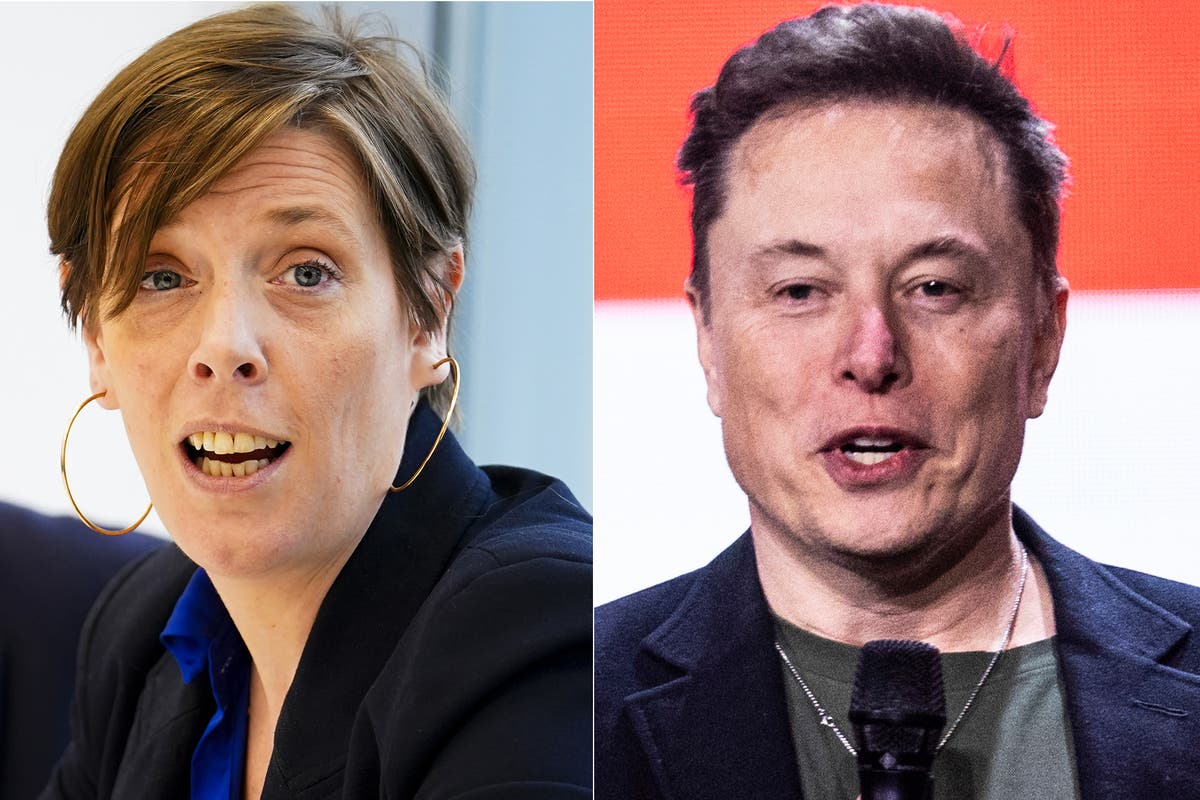Meta's announcement that Facebook and Instagram will eliminate third-party fact-checking for misleading content, opting instead for user-based flagging, has sparked debate and prompted concerns from Scottish ministers. John Swinney, expressing reservations about the move, highlighted the importance of accurate information in public discourse.
Meta CEO Mark Zuckerberg cited bias and errors in the previous system as justification for the change, emphasizing a return to platforms' core values of free speech. However, fact-checking organizations predict increased misinformation spread as a result.
During a visit to a South Lanarkshire battery storage site, Swinney voiced concern over the reliability of information available to the public, stating that it "causes uncertainty and potentially damage to the quality of our debate." He also used the opportunity to reiterate his criticism of populism, calling it a "disaster for our society."
The shift comes amid heightened scrutiny of social media platforms, particularly following recent interactions between Elon Musk and Scottish political figures. Musk's online interactions with UK politicians, including comments on UK politics and clashes with Humza Yousaf, have added a layer of complexity to the discussion.
In response, Swinney signaled a potential reconsideration of the Scottish Government's use of X (formerly Twitter). He stated that while currently utilizing the platform, he will critically assess its suitability as a communication channel, given public concerns and his desire to ensure that his government's communication channels are "appropriate."







